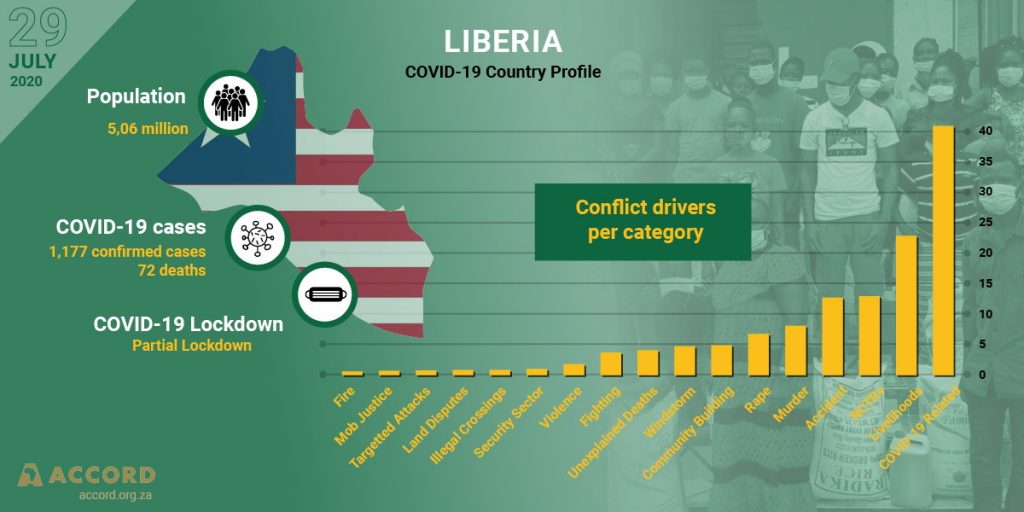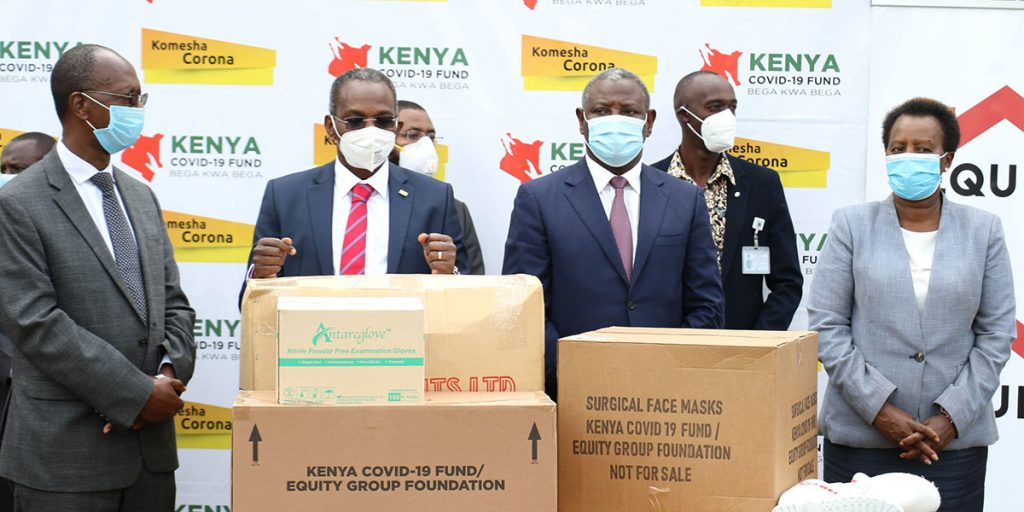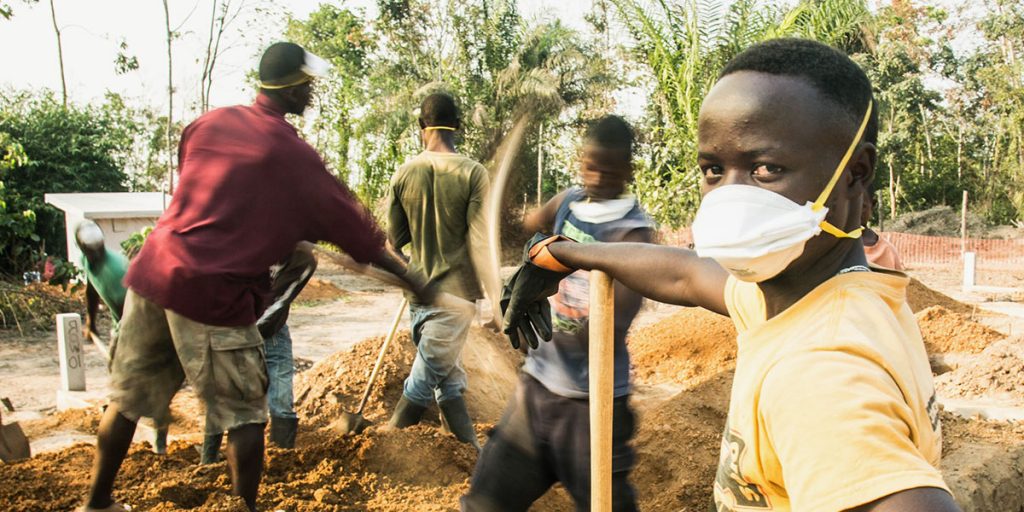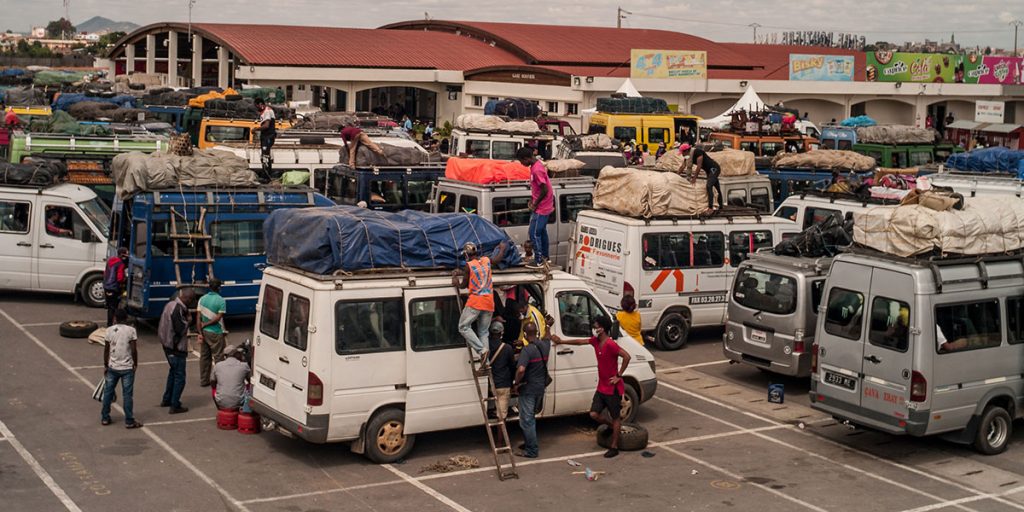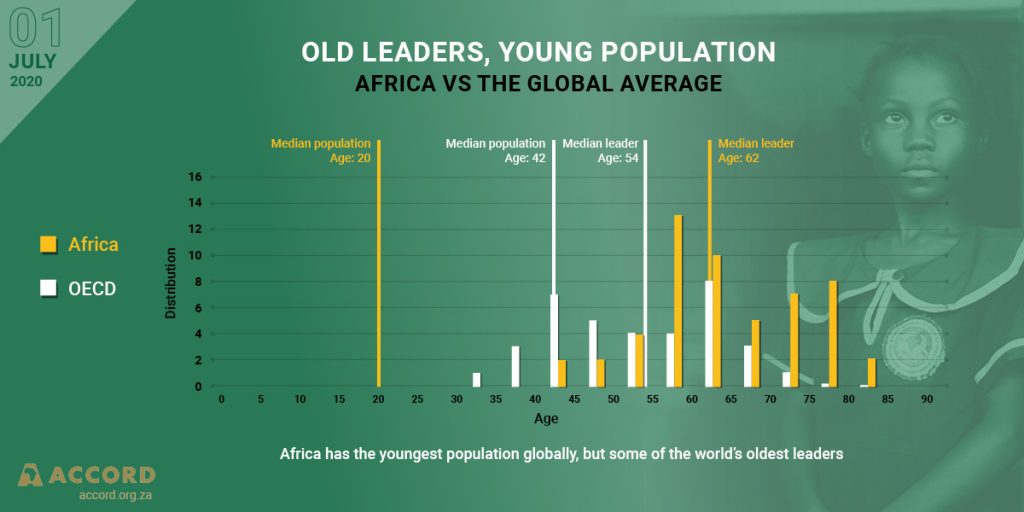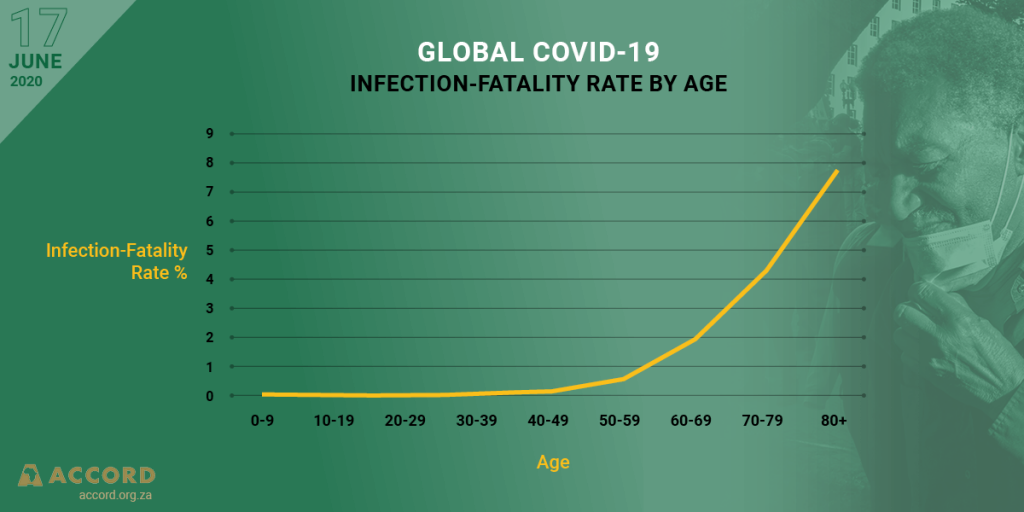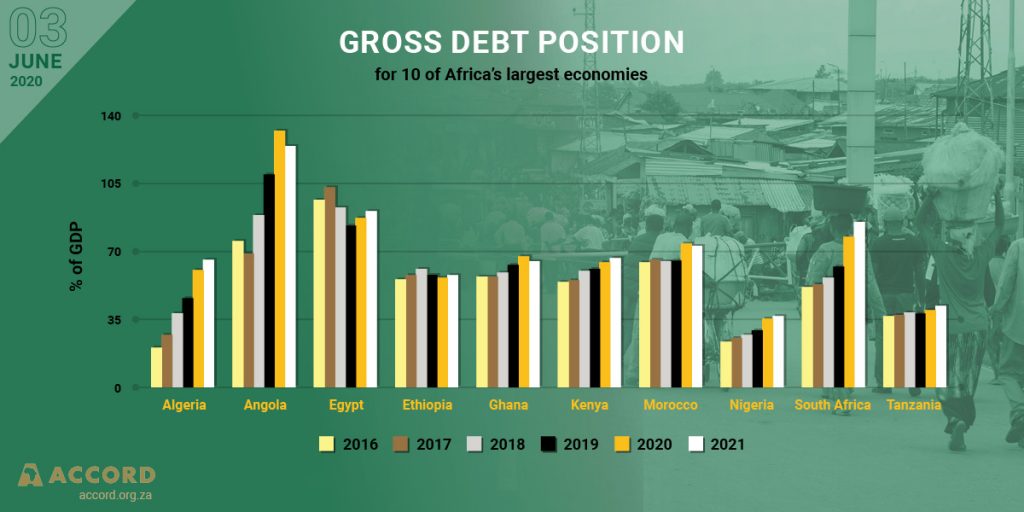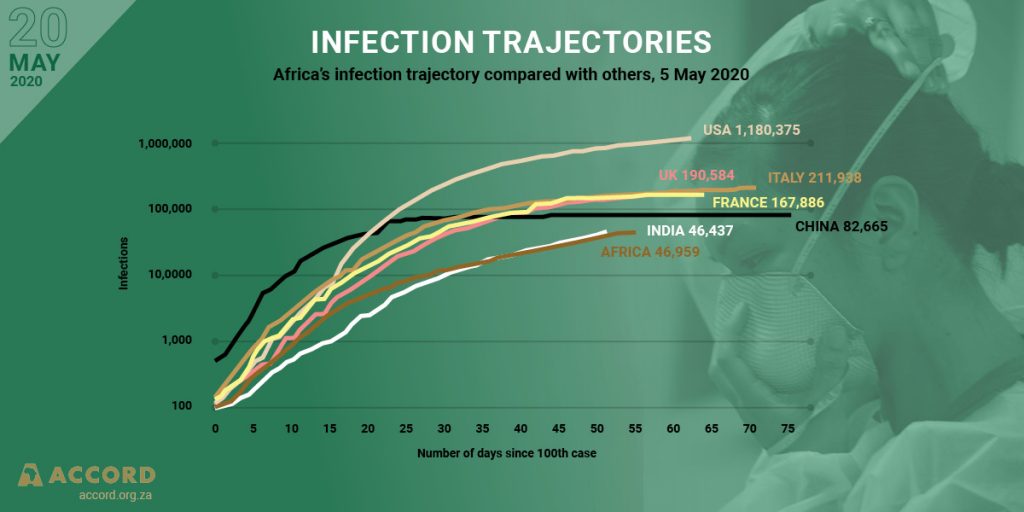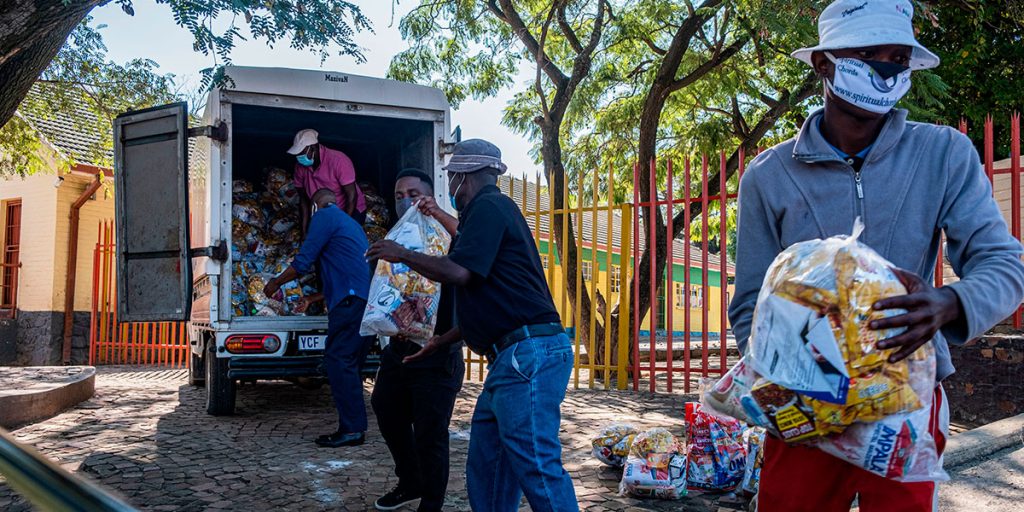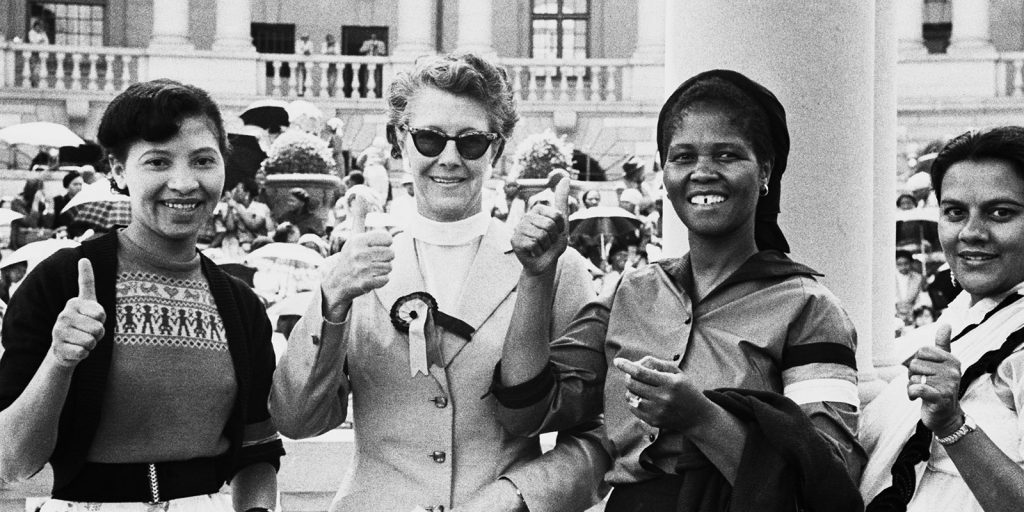
Intergenerational efforts to advance women’s emancipation
In 1956, my generation of women organised and mobilised 20 000 women across South Africa to march on the Union Buildings in Pretoria. Our protest action was against the oppressive system of apartheid. Today, as we commemorate the importance of the 1956 Women’s March in South Africa’s history, I want to assert that the struggles we faced then are not dissimilar to what today’s generation of women is being called upon to respond to.

